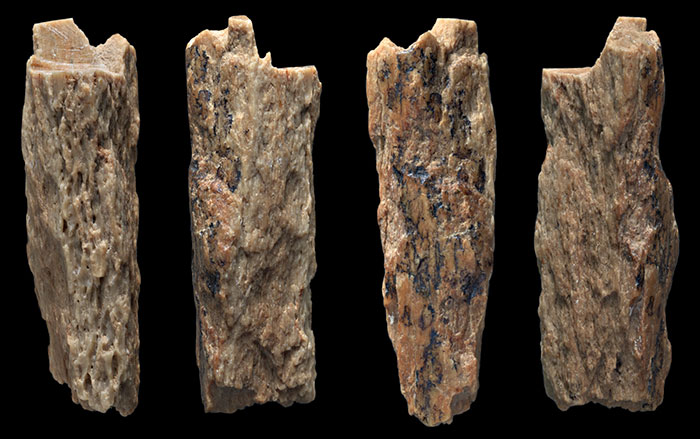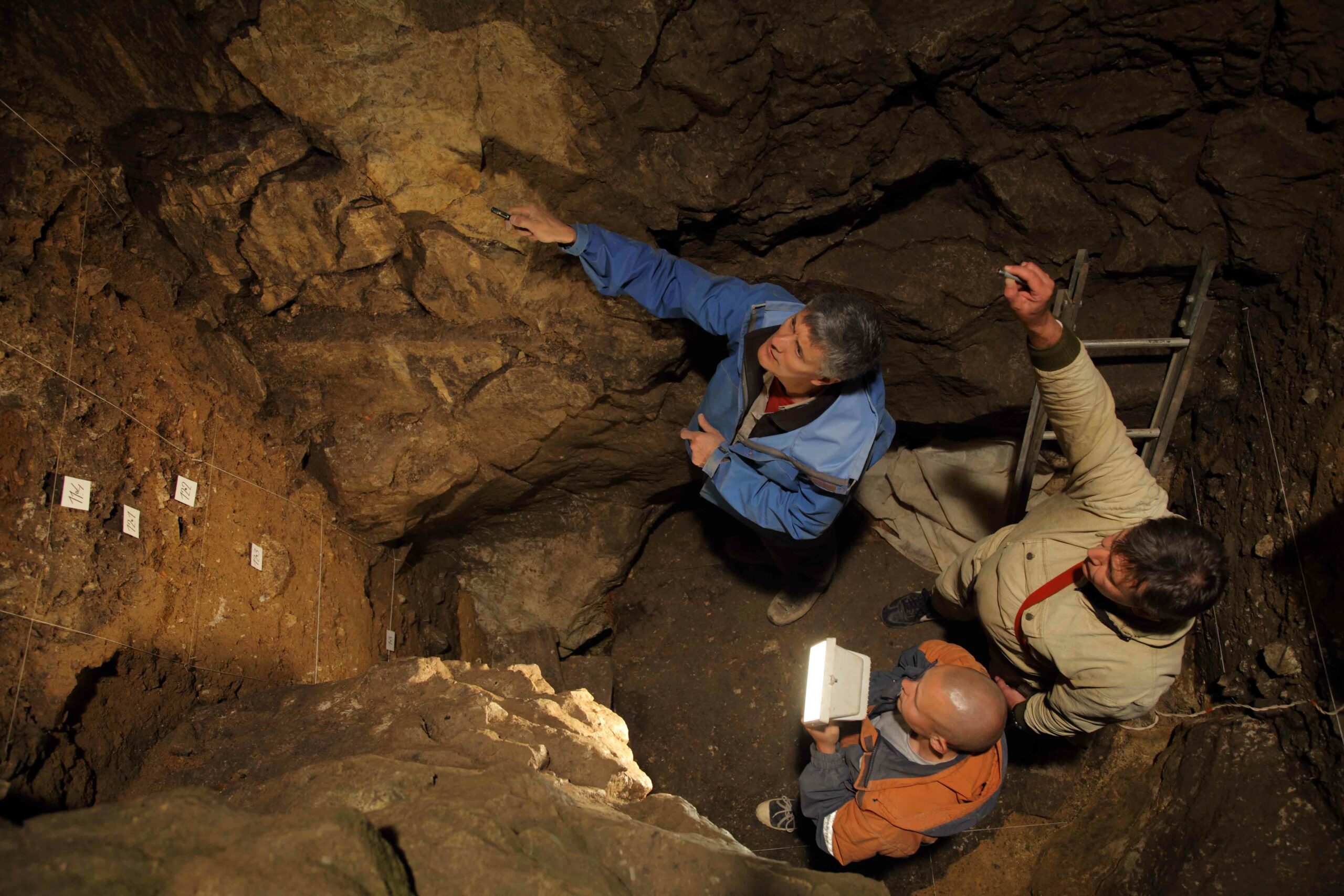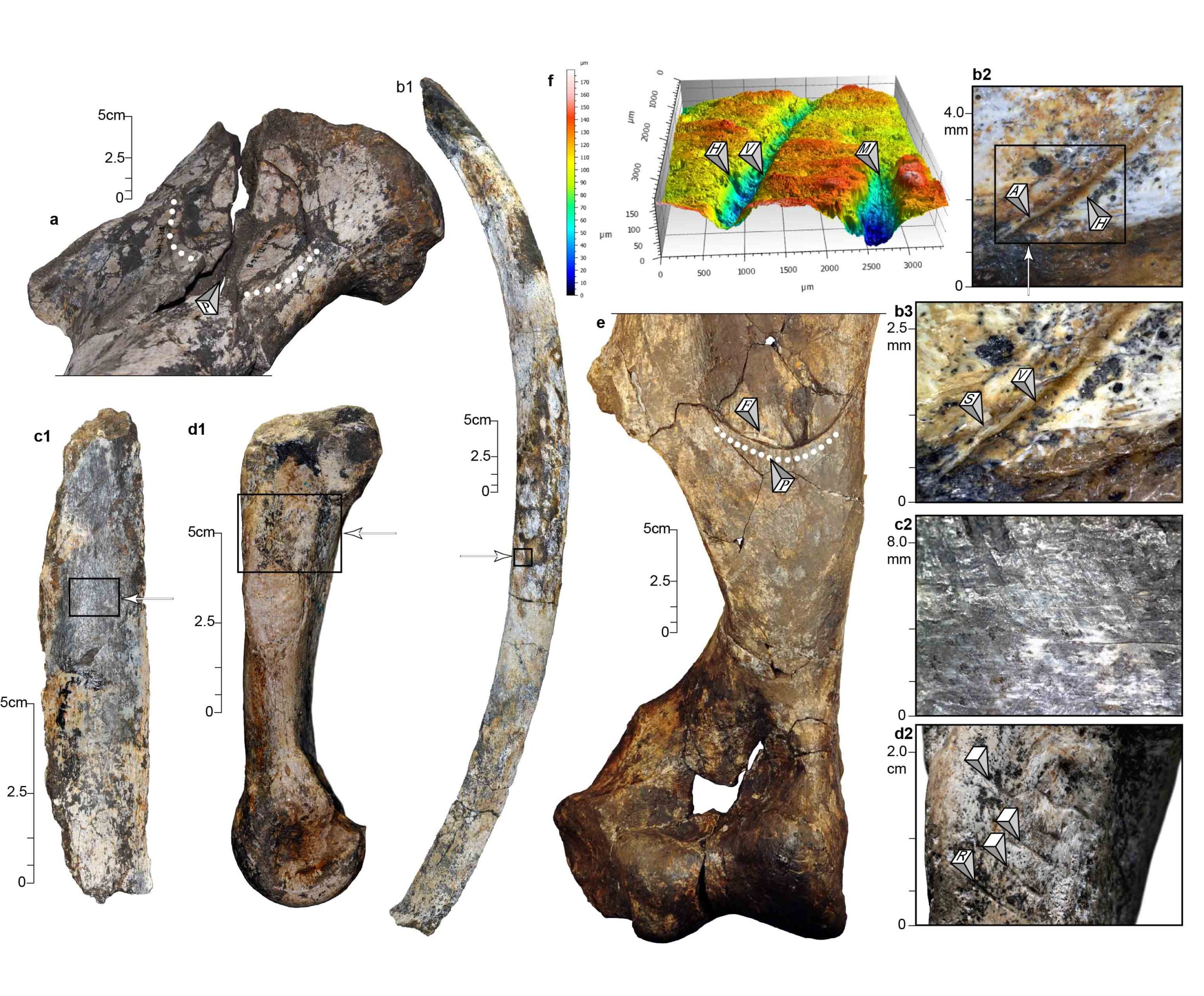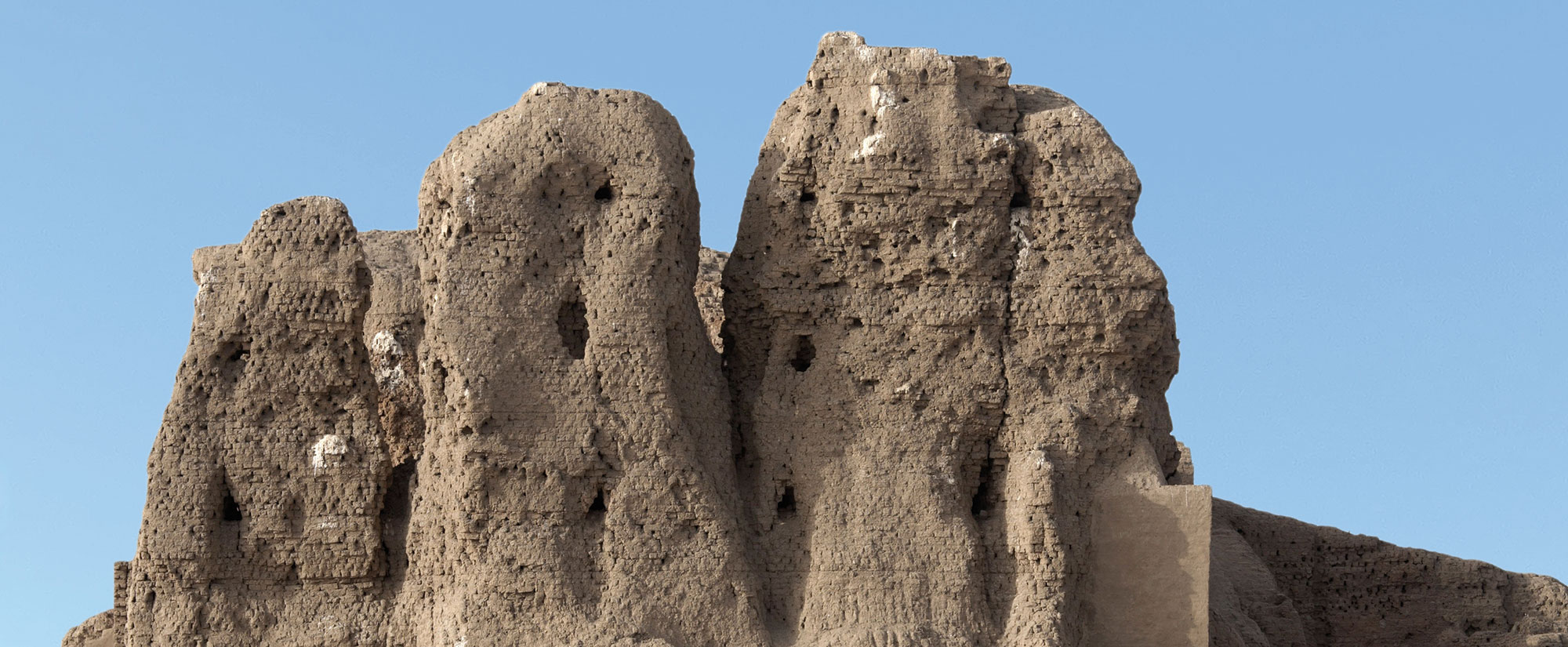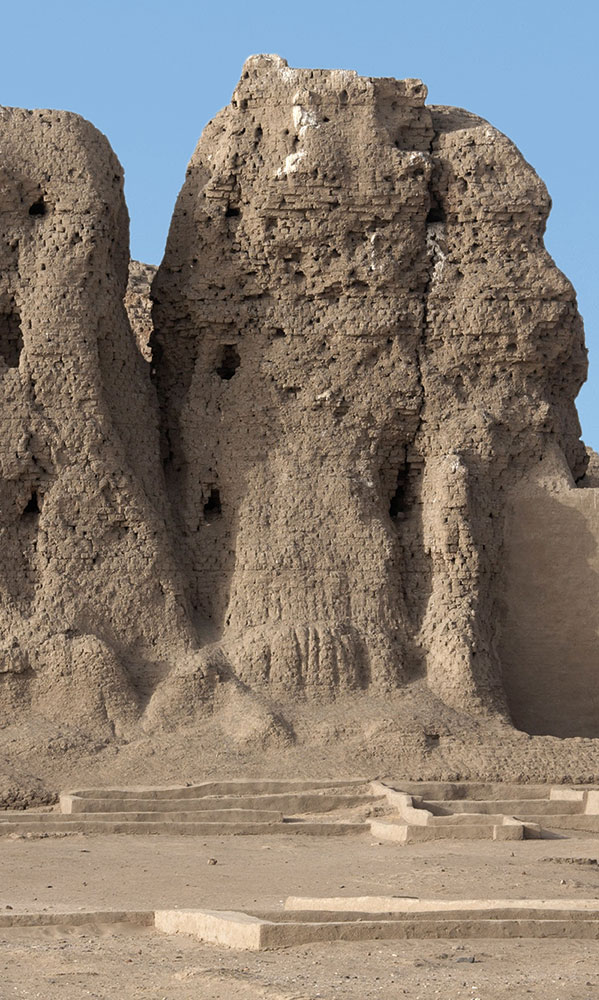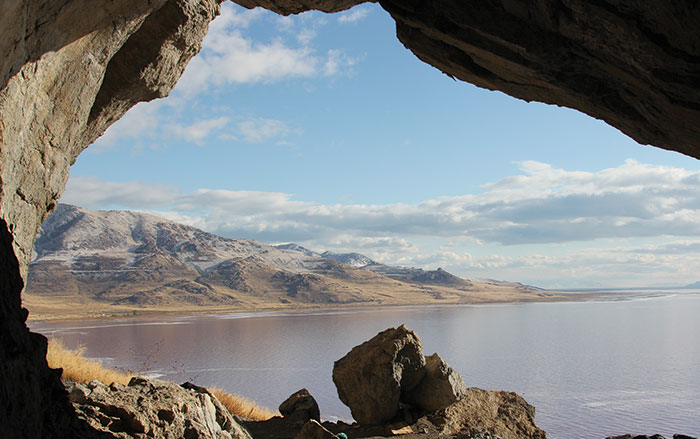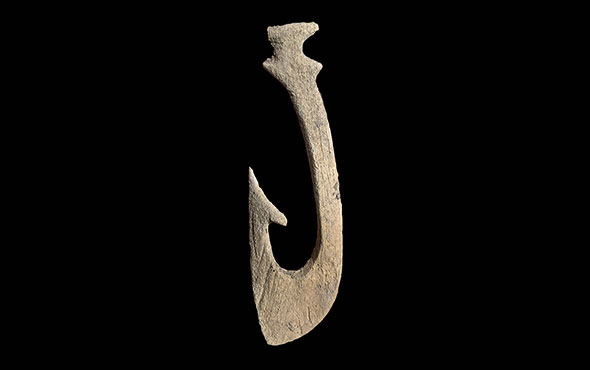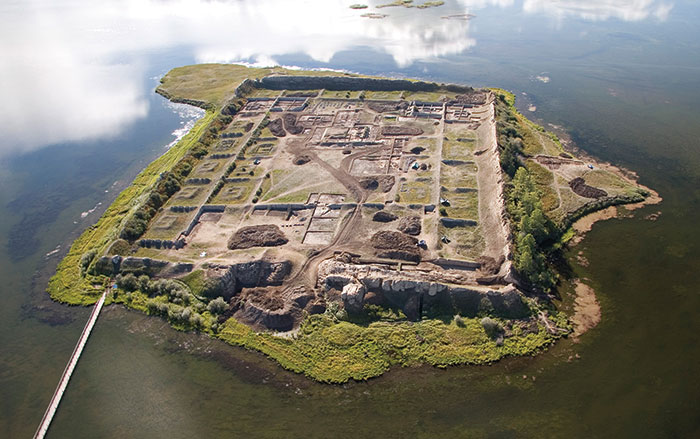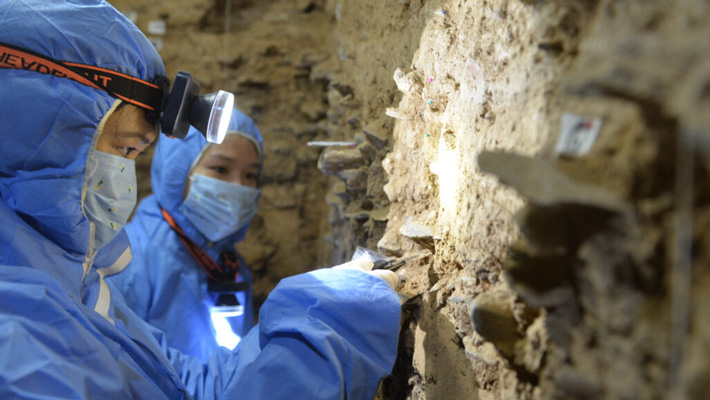
LANZHOU, CHINA—Science News reports that Dongju Zhang of Lanzhou University and her colleagues have dated Denisovan mitochondrial DNA found in the layers of sediments in Baishiya Karst Cave on the Tibetan Plateau, which is located some 1,700 miles to the northwest of Siberia’s Denisova Cave, where Denisovan remains were first identified. Stone tools and animal bones were also recovered from the layers. Zhang said the presence of Denisovan genetic material in Baishiya Karst Cave suggests that Denisovans lived on the Tibetan Plateau some 100,000 years ago, and then again 60,000 years ago. DNA in layers dated to between 50,000 and 30,000 years ago further suggest that the hominins could have encountered modern humans, who arrived in the region some 40,000 years ago. Interbreeding with Denisovans may have helped modern humans adapt to living at the high altitude of the Tibetan Plateau, although it is not clear if that mixing took place there. Zhang said the study also suggests that Denisovan populations were widespread in eastern Eurasia. For more, go to "Denisovans at Altitude," one of ARCHAEOLOGY's Top 10 Discoveries of 2019.


